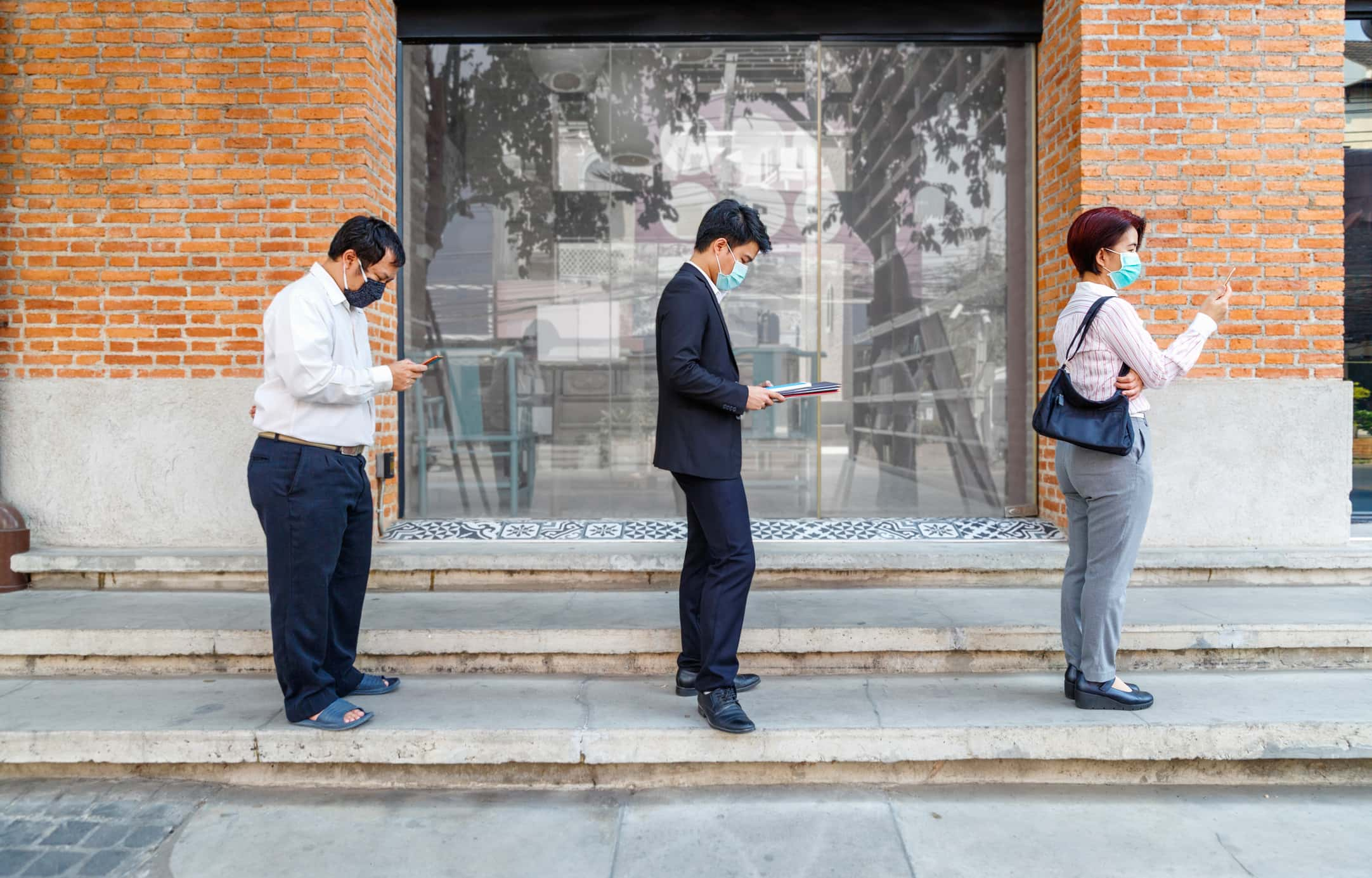Summer heat and latitude will not stop the coronavirus from spreading, find researchers

Temperature and latitude do not appear to be linked with the spread of Covid-19, say researchers in a new study. The research team from Canada looked at 144 geopolitical areas -- states and provinces in Australia, the US, and Canada as well as various countries around the world -- and a total of more than 375,600 confirmed Covid-19 cases.
China, Italy, Iran, and South Korea were excluded because the coronavirus was either waning in the case of China or in full disease outbreak at the time of the analysis in others, say researchers. To estimate the growth of the coronavirus pandemic, the team compared the number of cases on March 27 with cases on March 20. They determined the influence of latitude, temperature, humidity, school closures, restrictions of mass gatherings, and social distancing measured during the exposure period of March 7 to 13.
“It is unclear whether seasonal changes, school closures, or other public health interventions will result in a slowdown of the current Covid-19 pandemic. We aimed to determine whether epidemic growth is globally associated with climate or public health interventions intended to reduce transmission of SARS-CoV-2 (the virus that causes Covid-19),” says the team.
The researchers found little or no association between latitude or temperature with the growth of the new coronavirus. The experts found a weak association between humidity and reduced transmission. The results -- that hotter weather had no effect on the pandemic's progression -- surprised the authors. The reason is that the researchers had conducted a preliminary study that suggested both latitude and temperature could play a role. However, when they repeated the study under much more rigorous conditions, they got the opposite result.

The team, however, found that public health measures are having a positive effect to reduce transmission. “Epidemic growth of Covid-19 was not associated with geographic latitude, nor with temperature during the exposure period, but maybe associated weakly with relative or absolute humidity. Conversely, public health interventions were strongly associated with reduced epidemic growth,” says the study published in the Canadian Medical Association Journal (CMAJ).
According to the authors, the results are of “immediate relevance” as many countries are considering easing or removing some of these public health interventions. “Summer is not going to make this go away. It's important people know that. On the other hand, the more public health interventions an area had in place, the bigger the impact on slowing the epidemic growth.
These public health interventions are really important because they're the only thing working right now to slow the epidemic,” says professor Dionne Gesink, a coauthor, and epidemiologist at Dalla Lana School of Public Health, University of Toronto, Canada, in the analysis.
Another study suggests that warmer and more humid times of the year, and locations, may offer a modest reduction in Covid-19 reproductive number, helping with efforts to contain the pandemic and build response capacity. But the estimated effects of summer weather are not strong enough to seasonally control the epidemic in most locations, say, researchers. “However, Covid-19 risk due to weather numbers rarely drop below 0.5, indicating that upcoming changes in weather alone will not be enough to fully contain the transmission of Covid-19,” says the study, a pre-print version of which has been published.
Previously, experts from the National Academies of Sciences (NAS) had said that the coronavirus is unlikely to go away once the weather warms up. The other coronaviruses causing potentially serious human illness, including both SARS-CoV and MERS-CoV, have also not demonstrated any evidence of seasonality following their emergence, said NAS in a letter to the White House last month.